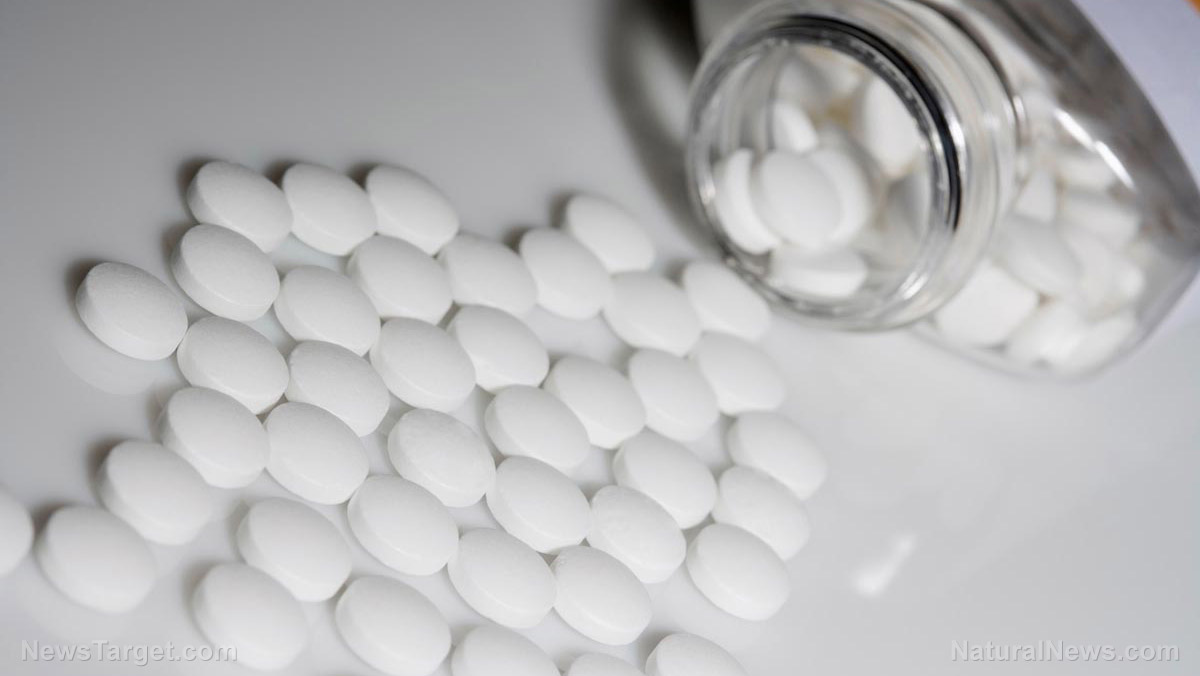Low-dose aspirin found to increase risk of intracranial hemorrhage
11/20/2019 / By Ralph Flores

Taking aspirin could potentially increase the risk of intracranial hemorrhage, even among people without symptomatic cardiovascular disease. The finding was part of a review made by an international team of researchers from China and the U.S., and was published in JAMA Neurology.
- For the review, the team investigated the link between low-dose aspirin use and intracranial hemorrhage risk.
- The team utilized the following data sources: PubMed, Embase, the Cochrane Central Register of Controlled Trials, and ClinicalTrials.gov. Relevant studies from January 1966 to October 30, 2018 were included in the review.
- In particular, the team looked at randomized clinical trials that compared low-dose aspirin with a control and recorded the endpoints of intracranial hemorrhage separately for the two groups.
- Using the Mantel-Haenszel method, the team computed a random-effect estimate for each study. They used a 95-percent confidence interval for relative risk as a measure of aspirin vs control on risk of intracranial hemorrhage.
- They included studies that provided outcomes for aspirin versus control in terms of risk for intracranial, subdural or extradural, intracerebral and subarachnoid hemorrhages.
- Thirteen clinical trials — a total of 134,446 patients — were included in the meta-analysis. Based on data from the random-effect estimate, low-dose aspirin was linked to an increased risk of any intracranial bleeding.
- The greatest relative risk increase that the researchers identified was for subdural or extradural hemorrhage.
In sum, low-dose aspirin was linked to an overall increased risk of intracranial hemorrhages.
Medicine.news has more studies on the adverse effects of aspirin.
Journal Reference:
Huang WY, Saver JL, Wu YL, Lin CJ, Lee M, Ovbiagele B. FREQUENCY OF INTRACRANIAL HEMORRHAGE WITH LOW-DOSE ASPIRIN IN INDIVIDUALS WITHOUT SYMPTOMATIC CARDIOVASCULAR DISEASE. JAMA Neurology. 2019;76(8):906. DOI: 10.1001/jamaneurol.2019.1120
Submit a correction >>
Tagged Under:
Aspirin, brain health, brain hemorrhage, cardiovascular disease, heart health, hemorrhage, Prescription drugs, prevention, research
This article may contain statements that reflect the opinion of the author





















